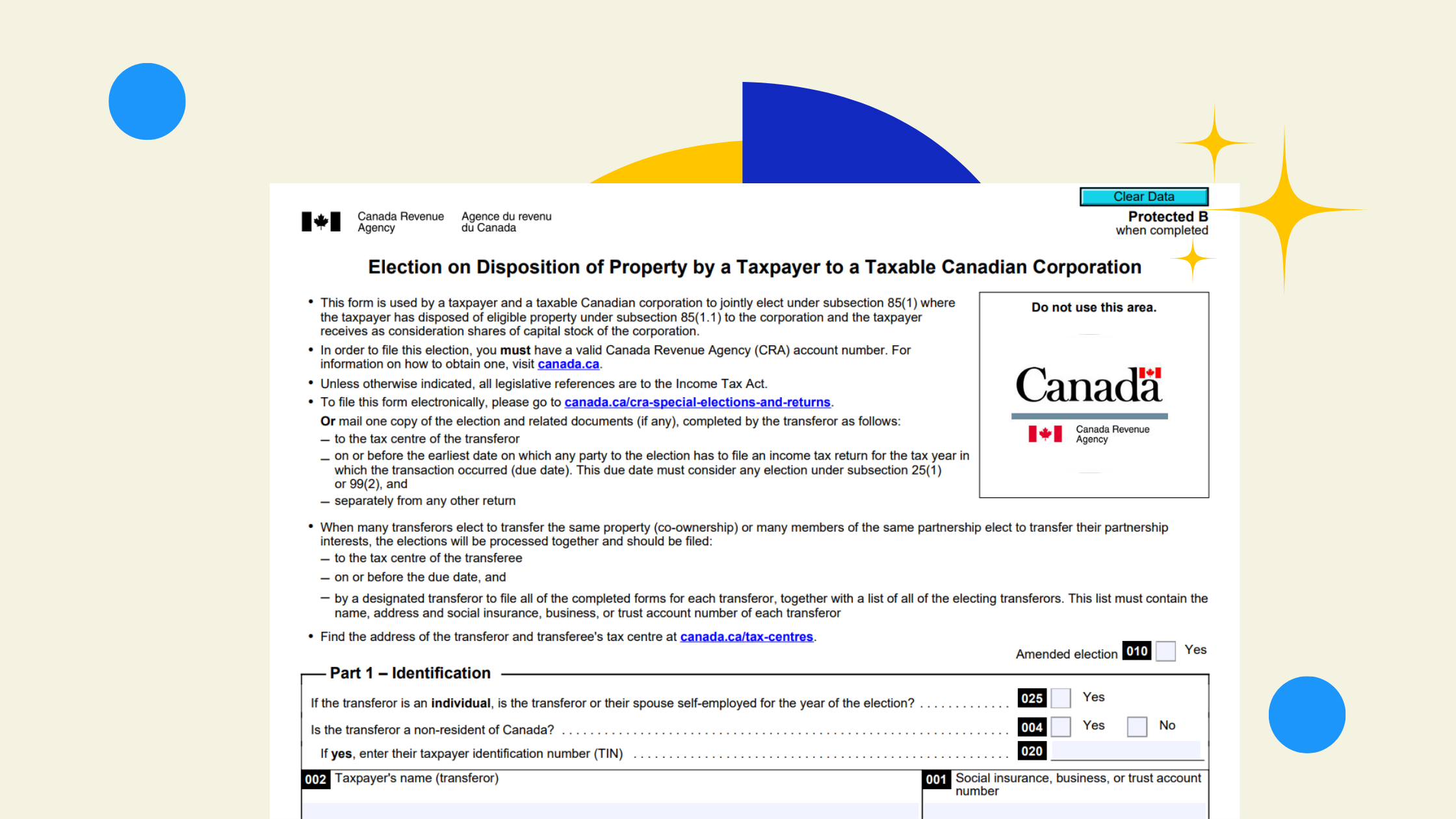Starting a business is exciting, but dealing with taxes? Not so much. Don't worry, though. This guide will help you understand Canadian sales taxes without putting you to sleep. We'll cover the basics of GST, HST, and PST, so you can keep your business on the right side of the law.
Understanding GST/HST: The Basics
First up, let's talk about GST (Goods and Services Tax) and HST (Harmonized Sales Tax).
GST is a 5% federal tax that applies to most things you'll sell. HST is like GST's big brother - it combines federal and provincial taxes in some provinces. The rates are different depending on where you are, but it's all collected as one tax.
Why Should You Care?
As a business owner, you're now part of the tax collection team (sorry about that). You collect these taxes from your customers and then pass them along to the government. It's not optional - it's part of running a business.
What Happens If You Don't Comply: If you forget to collect or remit these taxes, you could face:
- Penalties for not filing returns on time
- Fines for not remitting taxes
- In serious cases, you might even face legal trouble
Trust us, dealing with taxes is way better than dealing with angry government officials.
The Good News: Input Tax Credits
Here's a silver lining: you can claim Input Tax Credits (ITCs) for the GST/HST you pay on stuff for your business.
Here's how it works: Let's say you collected $1,000 in GST/HST but paid $300 in GST/HST on business expenses. You only need to give the government $700.
To make sure you claim the full amount of ITCs make sure to track all your receipts for business expenses.
When Do You Need to Register for GST/HST?
You need to register for a GST/HST number when your business makes more than $30,000 in a single quarter (3 months) or over four quarters in a row. Once you hit that number, you have 30 days to sign up.
If you're making less than $30,000, registering is optional.
Provincial Sales Tax (PST/QST): The Other Taxes
Some provinces have their own sales tax called PST. This is on top of GST. Yes, it's another tax to keep track of. Each province has its own rules, so if you are selling in any of the following provinces - check out the links:
How to Get Your Sales Tax Numbers
Getting your tax numbers isn't as hard as you might think:
- Online: Use the CRA's Business Registration Online service. It's the fastest way.
- Phone: You can call the CRA if you prefer talking to a real person.
- Mail: If you like doing things the old-fashioned way, you can mail in a form.
Filing Your Taxes: The Ongoing Task
Once you're registered, you'll need to file tax returns regularly. How often depends on how much money your business makes. Starting in 2024, you'll need to do this online.
Businesses making under $1.5M typically file annually to avoid administrative burdens while staying compliant.
Tips for Managing Sales Taxes
- Keep Good Records: Get a bookkeeping software so you can track how much sales tax you've actually collected and owe.
- Separate Tax Money: Keep the tax money you collect separate from your other money. It's not yours to spend.
- Save for Tax Payments: Put aside money for taxes regularly. Future you will be thankful.
Psst - If you're about to file sales taxes check out our blog on the 4 must haves.
Common Mistakes to Avoid
- Missing Deadlines: Set reminders for important tax dates. The government doesn't forget.
- Math Errors: Double-check your calculations. Or have an accountant do this and file for you.
- Late Filing: File on time to avoid penalties. They add up fast.
Wrapping Up: You've Got This!
Understanding Canadian sales taxes isn't the most fun part of running a business, but it's super important. It keeps you out of trouble and can even save you money with those input tax credits.
As your business grows, you might want to talk to a tax expert. They can help you navigate the more complicated stuff.
Remember, every successful business owner had to learn this stuff too. You're not alone, and you're definitely capable of handling it. Good luck with your new business!
Let's learn more about essentials documents you need in small business in Canada.
.png)


.png)

